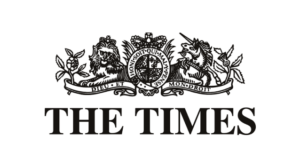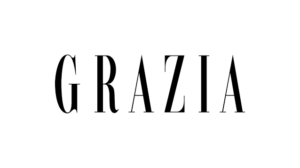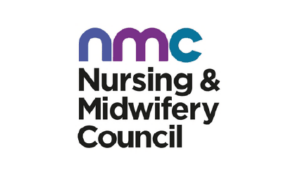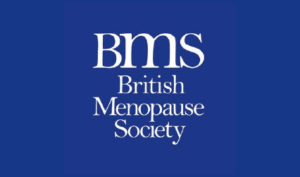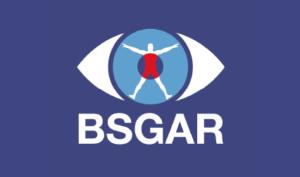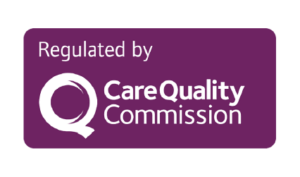Confidentiality Notice
This document and the information contained therein is the property of House of Health. This document contains information that is privileged, confidential, or otherwise protected from disclosure. It must not be used by, or its contents reproduced or otherwise copied or disclosed without prior written consent from House of Health.
1. Policy Objective
House of Health is dedicated to cultivating a work environment characterized by respect and dignity for everyone. We unequivocally reject any form of harassment or bullying, including those perpetrated by visitors and clients. This policy aims to eradicate bullying and harassment, maintain confidentiality, and ensure fairness in addressing such concerns. It applies to all staff, including employees and contractors, who are individually responsible for their conduct.
2. Relevant CQC Fundamental Standard/H+SC Act Regulation (2014)
Regulation 18: “Staffing.”
3. Principles
Bullying encompasses offensive, intimidating, malicious, or insulting behavior that undermines, humiliates, or harms individuals. Harassment, as defined by the Equality Act 2010, pertains to:
“Unwanted conduct related to a *relevant protected characteristic, which has the purpose or effect of violating an individual’s dignity or creating an intimidating, hostile, degrading, humiliating, or offensive environment for that individual.” *The relevant protected characteristics are age, disability, gender reassignment, race, religion or belief, sex, and sexual orientation.
Harassment and bullying are determined by their impact on the recipient, not the intent of the perpetrator.
4. Policy
5. Procedure / Guidance For Staff
Informal:
Staff are encouraged to address issues informally by discussing concerns with the alleged perpetrator. If needed, they can request support from the CQC Registered Manager or their representative.
Formal:
6. Appeals
Staff dissatisfied with the resolution may appeal in writing following the organization’s Grievance Procedure.
Summary
We commit to providing a safe working environment free from harassment, intimidation, or victimization based on personal characteristics. Staff are responsible for their behavior and for reporting any harassment or bullying they witness. Reporting concerns informally is encouraged, but if necessary, formal resolution should be pursued. Harassment and bullying complaints will be promptly and confidentially investigated, and corrective actions will be taken as needed. Any employee making a complaint will not be victimized, and no manager shall threaten repercussions for reporting. Records of all harassment and bullying complaints will be maintained in accordance with Equality and Human Rights legislation. This policy will be reviewed periodically to ensure compliance with legal changes.
Informal:
Staff are encouraged to address issues informally by discussing concerns with the alleged perpetrator. If needed, they can request support from the CQC Registered Manager or their representative.
Formal:
6. Appeals
Staff dissatisfied with the resolution may appeal in writing following the organization’s Grievance Procedure.
Summary
We commit to providing a safe working environment free from harassment, intimidation, or victimization based on personal characteristics. Staff are responsible for their behaviour and for reporting any harassment or bullying they witness. Reporting concerns informally is encouraged, but if necessary, formal resolution should be pursued. Harassment and bullying complaints will be promptly and confidentially investigated, and corrective actions will be taken as needed. Any employee making a complaint will not be victimized, and no manager shall threaten repercussions for reporting. Records of all harassment and bullying complaints will be maintained in accordance with Equality and Human Rights legislation. This policy will be reviewed periodically to ensure compliance with legal changes.

